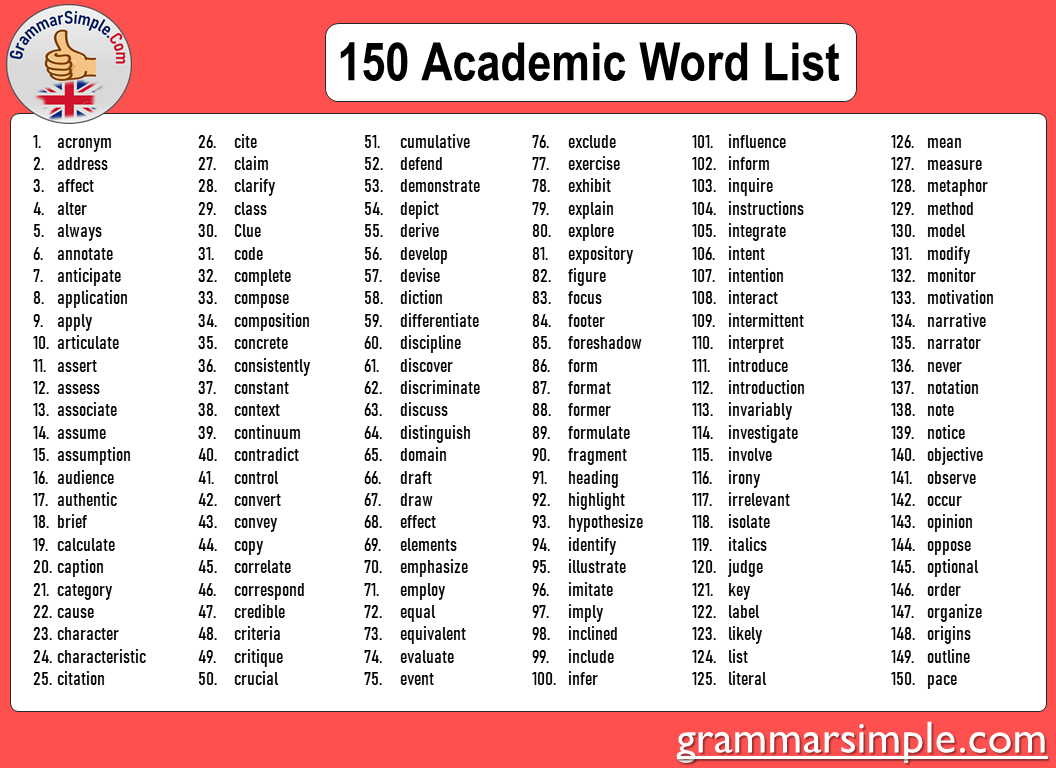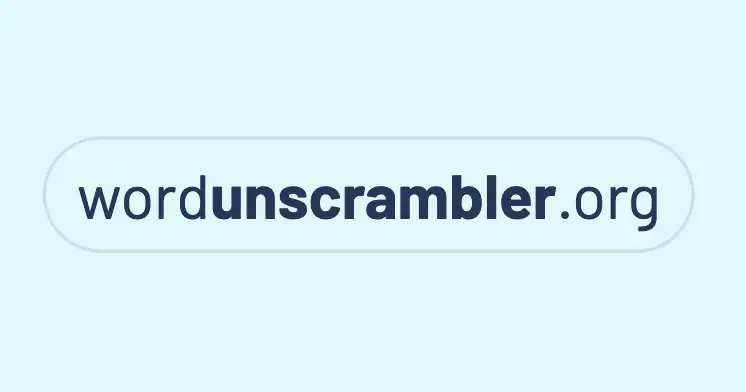
- 14 CHARACTER WORDS LIST CRACKED
- 14 CHARACTER WORDS LIST PASSWORD
- 14 CHARACTER WORDS LIST CRACK
- 14 CHARACTER WORDS LIST WINDOWS
14 CHARACTER WORDS LIST PASSWORD
*Note: The password "acme" was used to replace specific company names.
14 CHARACTER WORDS LIST CRACKED
Total unique entries of those passwords cracked = 68,161 Passwords of 9 or fewer characters account for 50% of those cracked 12 or fewer, 75% Password Length - Number of Cracked Passwords Although few, it is also worth noting that 20, 21 and 22-character passwords (along with one 27-character password) were cracked in these analyses. It is interesting to find passwords that fall drastically below the usual minimum length of eight characters. The chart below shows the password lengths of the over 93,000 passwords cracked.
14 CHARACTER WORDS LIST CRACK
SynerComm collected over 180,000 NTLM password hashes from various breached domain controllers and attempted to crack them using dictionary, brute-force, and cryptanalysis attacks. The remainder of this article provides facts and evidence to support our recommendations.

Variables into the management and troubleshooting of your environment). Hacks from anything older, but it can be a tedious process and introduces
14 CHARACTER WORDS LIST WINDOWS
Very long passwords, it is not simple to enforce a minimum greater than 14Ĭharacters (PSOs can be used to increase this in Windows 2008 and above, and registry Password Length” currently allowed by Microsoft Windows. Finally, 14 characters is the largest “Minimal Passphrases can be sentences, combinations of words, etc. When done with security awareness training, usersĬan be taught to create and use pass phrases instead of pass words. (Consider Summer2018! or your child’s name and birthday.) Next,Īnd perhaps more importantly, 14-character minimums will prevent bad password Passwords with 10-12 characters and even 13-14Ĭharacters can still be easily guessed if they are based on a word and aĤ-digit number. Most passwords containing 9Ĭharacters or less can be brute-force guessed in under 1 day with a modern

First,ġ4-character passwords are very difficult to crack. SynerComm recommends a 14-character minimum for several reasons. Using even longer passwords (or doing better than passwords in the first It is merely a minimal length we still prefer to see people So why is 14 characters the ideal or best recommended password OK, I will stop here, we'll save the ridiculousness of password aging for a future blog. It forces users to create guessable patterns or simply write them down. In fact, forcing users to regularly create new and complex passwords weakens security. While it is a mathematical fact that longer passwords and a larger key space (more possible characters) do indeed create stronger passwords, we now know that regularly changing one’s password provides no additional security control. This includes minimum password length, complexity, preventing reuse, and a reoccurring requirement to create new passwords. Over the years, several password controls have emerged to help strengthen password security. Because of this, humans create weak, easily guessed, and often reused passwords. We must also consider that people must memorize their password and that they often need passwords on dozens if not hundreds of systems. Considering how easily passwords can be shared, most have already concluded that passwords are an insufficient means of authenticating people. This is critical, because access and privileges are granted based on the user’s role. For the authentication process to be trusted, it must positively identify the account owner and thwart all other attempts.

FirstĪuthentication is the process of verifying the identify of a user or process, and a password is the only secret “factor” used in authentication. This blog/article/rant will cover a brief background of password cracking as well as the justification for SynerComm’s 14-character password recommendation. And as long as people create their own passwords that must be memorized, those passwords will remain weak and guessable. Until we stop using passwords or start using multi-factor authentication (for everything), a need for stronger passwords exists. While experts have agreed for decades that passwords are a weak method of authentication, their convenience and low cost has kept them around.


 0 kommentar(er)
0 kommentar(er)
